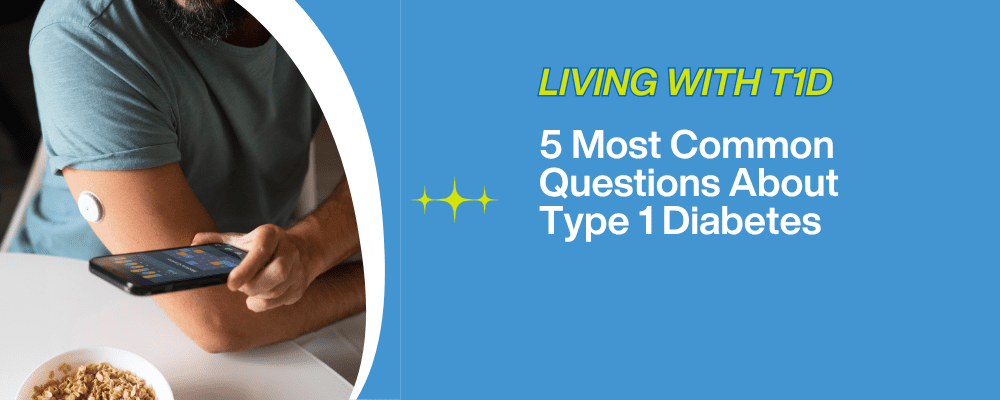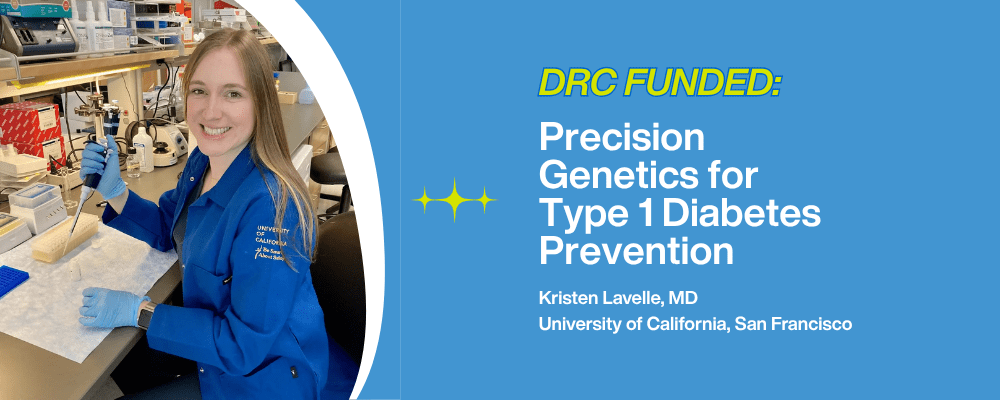Original article written by Stephen Feller and published by United Press International on April 26, 2016. Click here to read the original article.
WASHINGTON, April 18 (UPI) — Transplants of islet cells, the cells responsible for producing insulin in the pancreas, helped people with type 1 diabetes establish near-normal control of their glucose levels, get free of hypoglycemic events and in many cases no longer need insulin therapy.
Just under 90 percent of patients receiving islet cell transplants in a National Institutes of Health-sponsored clinical trial showed significant improvement in management of their condition during the course of a year, inching researchers closer to a cure for the genetically-caused disease.
Type 1 diabetes is an autoimmune disorder, in which the immune system attacks islet cells, preventing the release of insulin, making it difficult for the body to break down sugars for use, storage or excretion.
The clinical trial, spearheaded by the Clinical Islet Transplantation Consortium, announced in September that the first patient in the study no longer needed insulin therapy.
With results from the rest of the phase 3 trial in hand, the researchers said they will look to license technology to manufacture purified human pancreatic islets for mass use, while also continuing studies on the safety and efficacy with varied groups of patients.
“For people unable to safely control type 1 diabetes, islet transplantation offers real hope for preventing severe, life-threatening hypoglycemia,” Dr. Tom Eggerman, a researcher at the National Institute of Diabetes and Digestive and Kidney Diseases, said in a press release.
For the study, published in the journal Diabetes Care, researchers recruited 48 patients at eight university medical centers around the United States.
All patients received purified islet cells from deceased human donors, with each participant given the transplant into the portal vein, which carries blood from the intestine to the liver. Each of the patients was also given immunosuppressive drugs to prevent their immune systems from rejecting the cells.
After one year, 87.5 percent of participants had no hypoglycemic events, near-normal control of glucose and better awareness of their condition. After one year, 52 percent of patients no longer needed insulin therapy.
Of patients who did not see results within 75 days — they still needed insulin treatments — 25 patients received a second transplant, and one patient received a third.
The researchers worked with the U.S. Food and Drug Administration to run the trialwith future plans for mass manufacture in mind, potentially speeding up the approval process.
“The findings suggest that for people who continue to have life-altering severe hypoglycemia despite optimal medical management, islet transplantation offers a potentially lifesaving treatment that in the majority of cases eliminates severe hypoglycemic events while conferring excellent control of blood sugar,” said Dr.Anthony Fauci, director of the National Institute of Allergy and Infectious Diseases.




